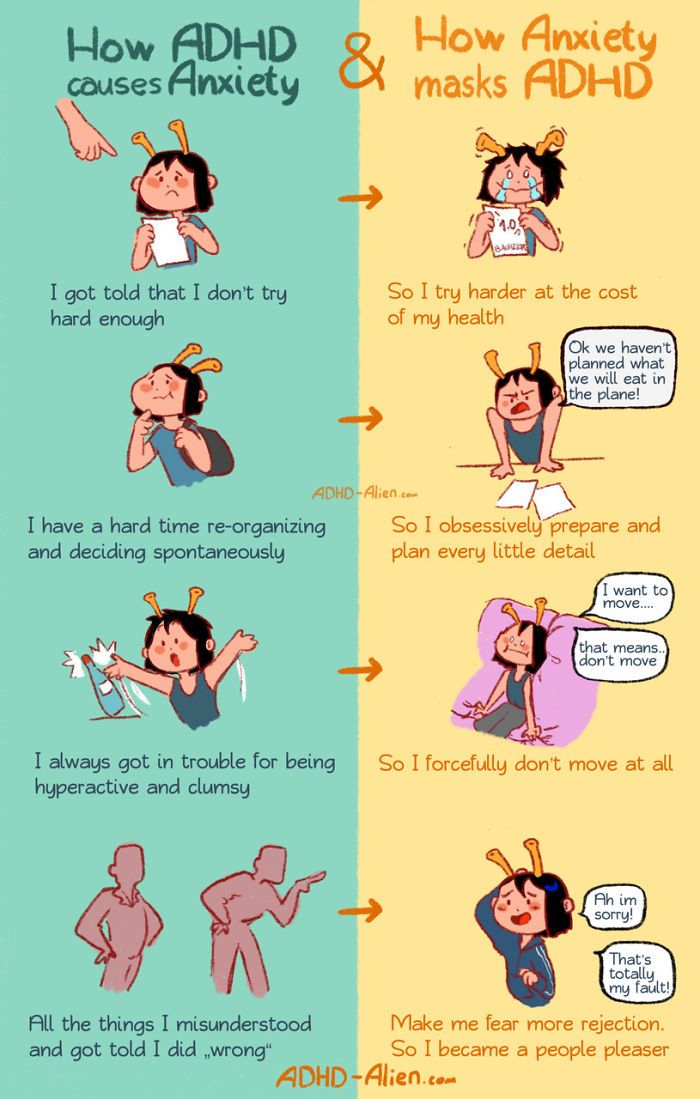Traits of toxic masculinity
Toxic Masculinity vs. Healthy Masculinity
Find out the differences between toxic and healthy masculinity
What Is Toxic Masculinity?
The different expectations for what being a man entails can often leave someone feeling lost and confused about how they should act. Toxic masculinity is a term that has been gaining traction in the past few years. This term refers to the dominant form of masculinity wherein men use dominance, violence, and control to assert their power and superiority. In this article, we will define and explore toxic masculinity (unhealthy masculinity) versus healthy masculinity.
Toxic masculinity appears in many different forms. A few examples include telling boys to “man up” when they feel upset or justifying abusive and inappropriate behavior with the phrase “boys will be boys.” Toxic masculinity can be defined as
“the need to aggressively compete and dominate others and encompasses the most problematic proclivities in men. These same male proclivities foster resistance to psychotherapy.”1
Traits
Traits of toxic or unhealthy masculinity can include:
- Unconditional physical toughness
- Physical aggression, fear of emotions
- Discrimination against people that aren't heterosexual
- Hyper independence
- Sexual aggression or violence
- Anti-feminist behavior
Many people who identify as male can feel pressure to embody traits of toxic masculinity, which can lead them to act aggressively or violently towards others and themselves.1
Impacts of Toxic Masculinity
The impacts of toxic masculinity are far-reaching. One example is that it can lead to more violence against women, as men may feel entitled or validated in their abusive behavior. Unhealthy masculinity is also incredibly detrimental to men. Research has shown that men who display traits of toxic masculinity are more likely to experience isolation, poor health, and unhappiness.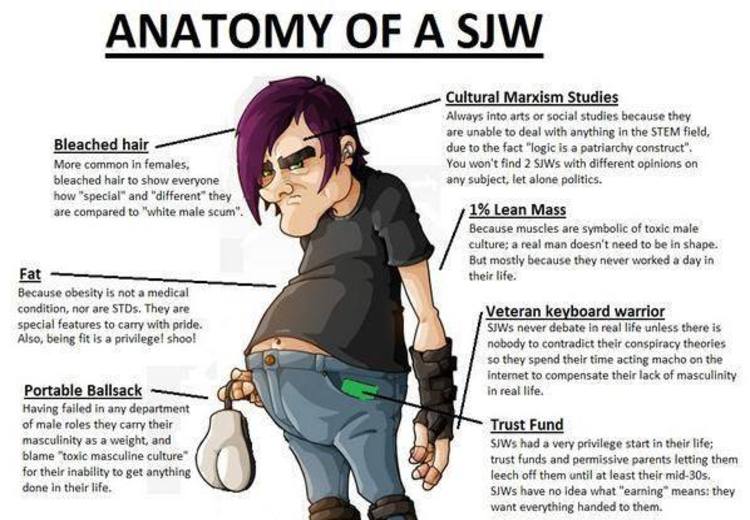 2
2
Aggression
During childhood, youth sometimes use violent and aggressive behaviors to express emotional distress. As males get older, there is a potential for aggression to escalate into unhealthy territory.
For example, teenage boys demonstrating power-seeking behaviors when their masculinity feels threatened. Adolescent boys who cannot healthily express their emotions are more likely to participate in bullying, physical assault, and verbally aggressive behavior.3
Sexism
Healthy or positive masculinity is not sexist. It does not discriminate against people that identify as a different gender or sexuality than the male, nor does it have an aversion to acknowledging emotions and vulnerability. Toxic masculinity fosters discrimination against anyone who does not fall into the realm of heterosexuality.
Trauma
Many childhood factors put an individual at greater risk of displaying unhealthy masculine traits, which can include:3
- Violence or trauma at home
- Dysfunctional family dynamics
- Lack of mental health treatment
- Social rejection
- Taught behaviors surrounding male dominance and violence
Academic Challenges
Traits of toxic masculinity can also lead to academic challenges.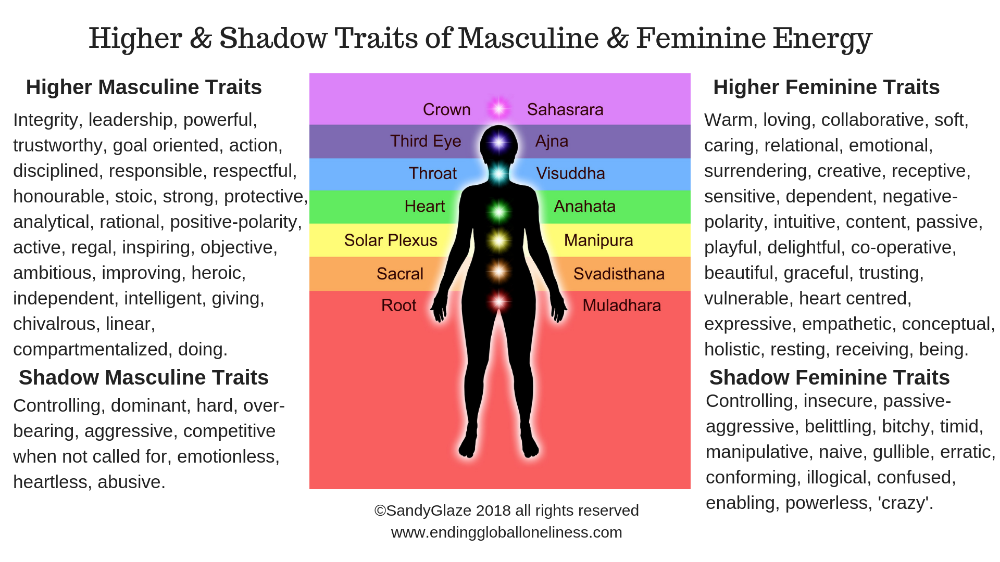 In schools, male students are often encouraged not to show emotion, and aggression is a sign of power or dominance. These traits may make it difficult for males to communicate with classmates or express themselves without feeling judged.3
In schools, male students are often encouraged not to show emotion, and aggression is a sign of power or dominance. These traits may make it difficult for males to communicate with classmates or express themselves without feeling judged.3
Chauvinism
Chauvinism, a term derived from a French soldier Nicolas Chauvin, is defined as excessive and unreasonable patriotism. In modern society, this term has shifted to represent ultranationalism or attitudes of superiority. At times, people use the term "male chauvinism" to describe the anti-feminist belief that men are superior to women.4
Social Impacts of Toxic Masculinity
The social impacts of toxic masculinity are evident when examining rates of violence, drug-related crime, anti-social behaviors, drug overdoses, and suicides. There is also a high correlation between toxic masculinity and the lack of accountability in rehab.
Due to stigma and societal pressures, males are less likely to seek help for mental health issues.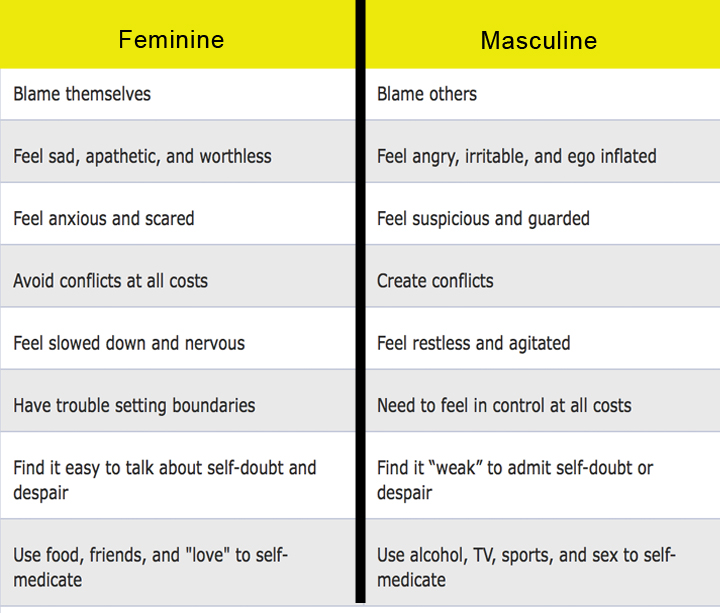 Unhealthy or toxic masculinity may not allow males to fully express themselves and their emotional needs because people may view it as a sign of weakness or vulnerability.
Unhealthy or toxic masculinity may not allow males to fully express themselves and their emotional needs because people may view it as a sign of weakness or vulnerability.
Violence
Data published by the Violence Policy Center in 2017 showed that 93% of murdered female victims were killed by male perpetrators they already knew. The World Health Organization (WHO) published a study about intimate partner violence in 2017. According to the WHO, approximately 38% of all murdered women were killed by an intimate male partner. In the United States, males comprise more than 90% of all violent criminal perpetrators. These statistics speak to the importance of education and prevention surrounding toxic masculinity.5
All murdered women were killed by an intimate male partner
Males involved in violent criminal perpetrators
Drug-Related Crime
The majority of incarcerated people in the United States are male. Most people serving time in corrections facilities are people of color raised in low-income households. Shockingly, most men enter the prison system for drug-related crimes.
Shockingly, most men enter the prison system for drug-related crimes.
Many individuals are in dire need of mental health, substance use, anger, domestic violence, or sex offender treatment. Experts believe that in-depth studies of toxic masculinity and associated "man power" will provide insight into incarceration and drug-related crime rates.
Anti-Social
In the United States, males are more likely to engage in anti-social behavior than females primarily due to behaviors associated with toxic masculinity and less accountability for actions. For example, unhealthy or harmful masculine attitudes can lead people to physically assault others because of a perceived insult that may not have even been an insult.
Drug Overdose
Toxic masculinity is also predictive of a higher risk of a drug overdose. Men may be less likely or unwilling to seek treatment for addiction because some people view it as a sign of weakness.
Suicides
In the United States, males are more likely to commit suicide than females.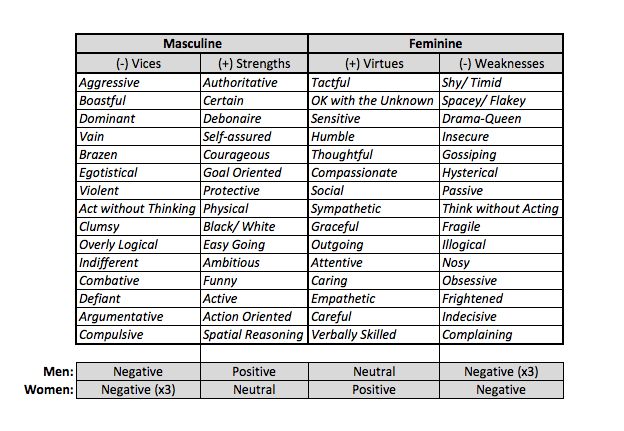 According to the American Foundation for Suicide Prevention, "men died by suicide 3.63x as often as women" in 2019. Additionally, middle-aged white men are the most likely to die by suicide.6
According to the American Foundation for Suicide Prevention, "men died by suicide 3.63x as often as women" in 2019. Additionally, middle-aged white men are the most likely to die by suicide.6
What Is Healthy Masculinity?
Healthy or positive masculinity is the idea that men can be emotionally expressive, have female friends or mentors, and express their emotions without feeling emasculated.7
Traits
The following traits are examples of ways to remove stereotypes and encourage men to be their authentic selves:7
- Address disrespect
- Encourage men to express emotions freely
- Encourage compassion and kindness towards themselves and others
- Listen to experiences and validate feelings
- Check-in with male friends and loved ones
Positive Outcomes
Men need to have a healthy or balanced sense of masculinity. Men who are more connected with their emotions will experience increased life satisfaction and self-esteem and decreased rates of mental health problems such as depression.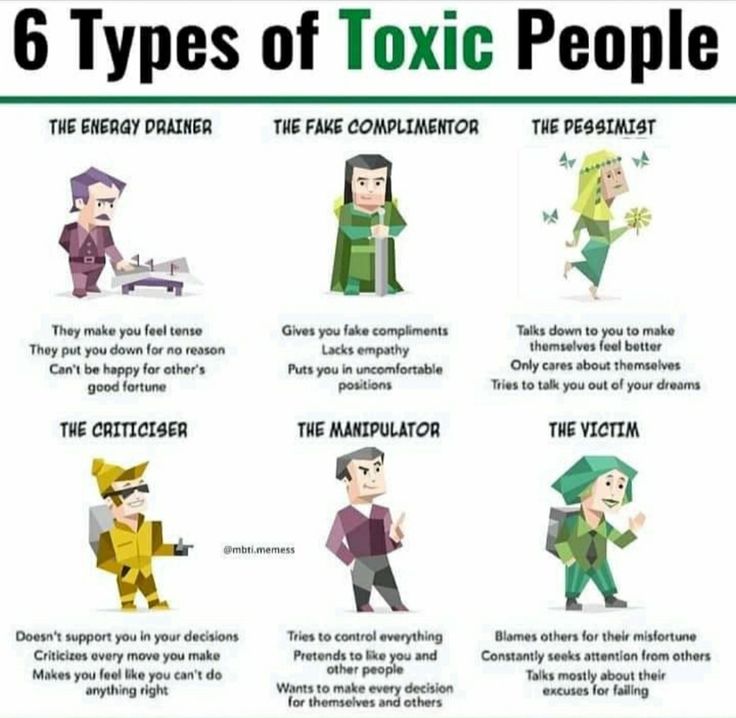 7
7
Undoing Toxic Masculinity
To effectively undo toxic masculinity, accountability needs to be taken by those who perpetrate these negative ideas of “man power.” Open communication, availability of professional help, and therapy are all critical components for facilitating positive masculinity.
Seek Help
If you are struggling with unhealthy or toxic masculinity, contact your primary care physician. If they cannot help, find a mental health professional specializing in male therapy or gender identity concerns.
Therapy
When seeking therapy, it is essential to feel comfortable with the therapist. If you do not feel like they are a good fit for your needs, consider finding someone who can work with you on healthy masculinity and accountability. It is possible to harness and express "man power" healthily and productively.
Resources
- https://citeseerx.ist.psu.edu/viewdoc/download?doi=10.1.1.600.7208&rep=rep1&type=pdf
- https://msutoday.
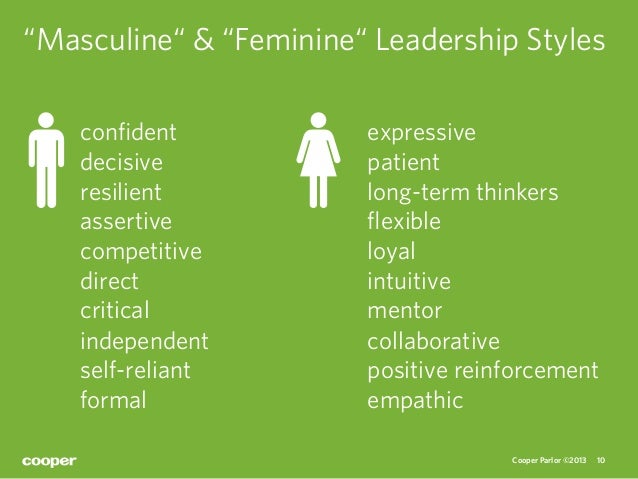 msu.edu/news/2020/toxic-masculinity-is-unsafe-for-men
msu.edu/news/2020/toxic-masculinity-is-unsafe-for-men - https://www.apa.org/pi/about/newsletter/2018/09/harmful-masculinity
- https://www.britannica.com/topic/chauvinism
- https://www.who.int/news-room/fact-sheets/detail/violence-against-women
- https://afsp.org/suicide-statistics/
- https://umatter.princeton.edu/respect-matters/healthy-masculinity
Article contents
Insurance coverage for treatment
We work with most major insurance providers to help cover the cost of treatment. Green Hill is in-network with Blue Cross Blue Shield and Aetna. Verify your benefits online with our free, confidential form.
Verify online
Take the next step towards a better life.
Green Hill is a values-based, mission-driven organization. We strive to build a community of leaders pursuing lives of purpose. To us, human flourishing is the name of the game. Our primary focus is helping young adults recover from substance use and other co-occurring mental health disorders.
We bring passion, energy, and a new perspective to addiction treatment. Our dedicated team is ready to answer your questions
- Get help now: 1 (844) 513-0707
Find us
6124 St Giles St, Raleigh, NC 27612
- For families
- Transitional living
- Outpatient treatment
- About us
- Resources
- Contact
©2021 Green Hill Recovery All Rights Reserved | Privacy Policy | Site Map | Powered by Active Marketing
Aurora The Top 10 Toxic Masculinity Behaviours
Home » News » What are the top 10 Toxic Masculinity behaviors?
23
Jul
Toxic masculinity is when the archetypal image of what it means to be masculine becomes harmful and aspirational. It thrives by penalizing behavior which does not conform to its standard and celebrating behavior which does.
It thrives by penalizing behavior which does not conform to its standard and celebrating behavior which does.
- Being stoic
- Being promiscuous
- Championing heterosexuality as the unalterable norm
- Being violent
- Being dominant
- Sexual aggression towards women
- Not displaying emotion
- Not being a feminist ally
- Risk-taking
- Not engaging in household chores and caregiving
Men are constantly given the message that they must be self-reliant, independent, physically tough etc. Men are told that to be this way will make them successful in terms of business, society, and finding a partner. Being vulnerable will cause men to be ridiculed. [1][2][3]
Typically, men will be praised by other men for sexual conquests.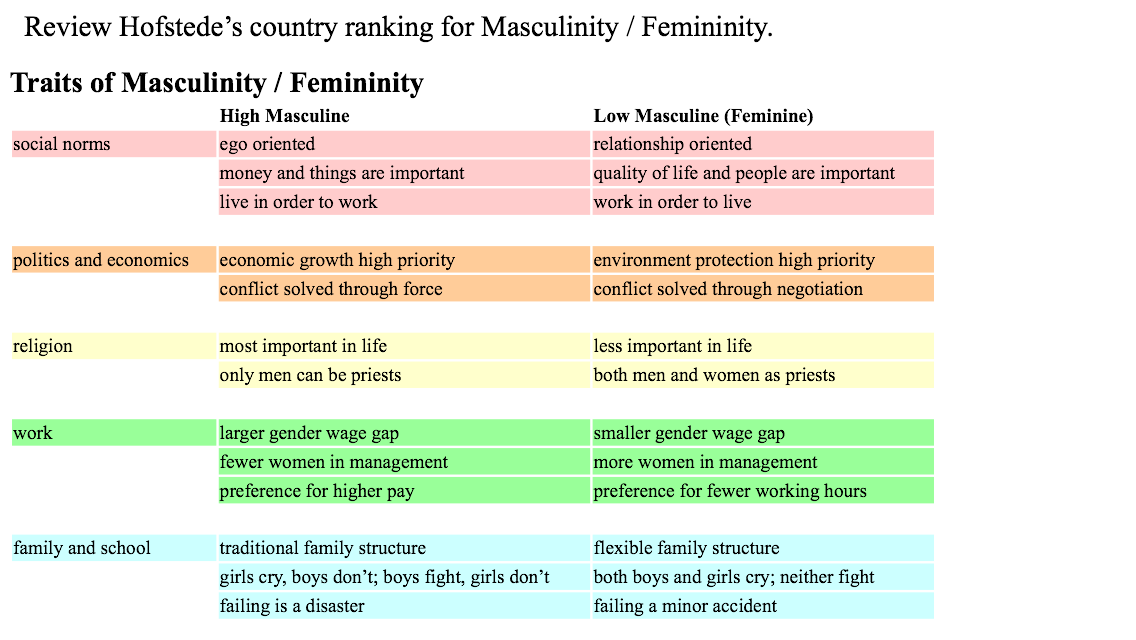 There is a well-known double standard regarding perceptions of male versus female promiscuity with men being praised by their peers and called ‘studs’ while rejecting women who have multiple partners and branding them ‘sluts’.[4]
There is a well-known double standard regarding perceptions of male versus female promiscuity with men being praised by their peers and called ‘studs’ while rejecting women who have multiple partners and branding them ‘sluts’.[4]
Many men are programmed to react negatively to the concept of homosexuality as it is a sign of deviating from the traditional male stereotype. Through popular rhetoric and from an early age when boys are learning about gender roles, men are taught that to be homosexual is to be less masculine.[5]
Statistically, men commit significantly more violent crime than women. There are numerous reasons for this, but there are clear links between male instigated violence and the need men have to use aggression and violence to prove their masculinity and bolster confidence in their masculine identity. [6][7]
[6][7]
To be preoccupied with power and dominance to a point that it causes harm to others, such as verbal, physical and online bullying. One study found that over a quarter of men thought they should have the final word in relationships, over a third of men believed that they had the right to know where their female partner was at all times.[8]
Men who conform to toxic masculinity standards are more likely to make sexual comments or sexist jokes to women, commit sexual harassment, accept rape myths and behave as if they are entitled to women’s bodies.[8][9]
Emotion is treated as being a feminine characteristic. Stifling emotion is seen as true manliness. From childhood, males are shamed to conform with the standard that to show emotion is weak and feminine.[10][11][12]
Stifling emotion is seen as true manliness. From childhood, males are shamed to conform with the standard that to show emotion is weak and feminine.[10][11][12]
It is unsurprising that the overly masculine would reject men who identify as the allies of feminists. Research shows that men engaging in feminist activism are the targets of harassment by men who prescribe to toxic masculinity as it is perceived as feminine and non-conformist to toxic masculinity.[13]
Connected to male dominance, toxic masculinity encourages taking risks to demonstrate dominance, men who buy into this are more likely to take extreme measures such as perpetrate violence, drive dangerously, gamble, abuse drugs. [14]
[14]
Again, housework and childrearing are seen as feminine qualities. Being asked to do a feminine deemed task such as housework, or worse, a man being criticised by a woman for not cleaning appropriately is often interpreted as an emasculating assault and provokes a masculine overcompensation response.[15]
Aurora New Dawn is a feminist led charity dedicated to ending violence against women and children, and hidden violence. Since 2011, Aurora New Dawn has offered safety, support, advocacy, and empowerment to survivors of domestic abuse, sexual violence and stalking. We offer a variety of services and are involved in supporting feminist campaigns to end male violence against women.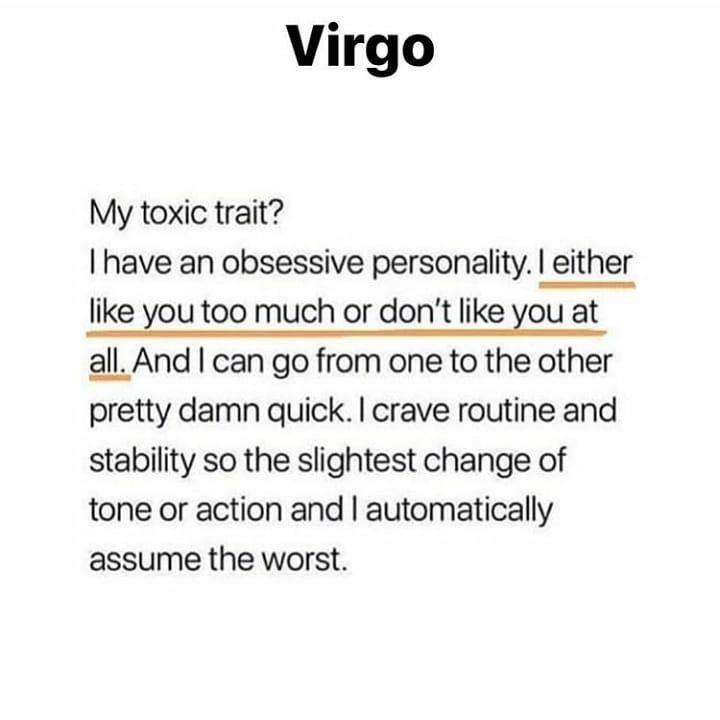
Our work is guided by the principles set out in the United Nations Convention on the Elimination of All Forms of Discrimination Against Women or CEDAW, often referred to as an international bill of rights for women.
You can help Aurora raise vital funds to support victims and survivors of abuse:
Click here to help Aurora raise funds during the COVID 19 Pandemic
Toxic Masculinity versus FemininityOverall, as the previous behaviour shows, it can be seen that Toxic Masculinity will repeatedly reject femininity in all its supposed forms. When a man smashes against gender norms or supports femininity, it has a stigma attached. ‘Real men’ cannot behave in that way. If they do, these men will be abused, shamed or humiliated by a society embarrassed by the fact they are not conforming to masculine ideals.
This sends out a clear core belief of toxic masculinity: femininity is seen to be lesser than masculinity.
Why is it so bad for a man to exhibit what society quantifies as a feminine characteristic?
From showing emotion to carrying out household chores to supporting feminism, a man who does this is branded unmanly and rejected by toxic masculine followers. It seems bizarre, but when I do something as trivial as going to work and drink from my wife’s pink reusable coffee cup, I always receive a string of ‘friendly’ jibes from my colleagues… because it is pink… unbecoming of a man… and I must be less of a man for drinking from it.
Why is it that certain masculine-considered-qualities can be desirable while feminine ones are not?
When a young boy decides that he wants to look pretty and put on a dress then appear socially, he is often shamed and humiliated.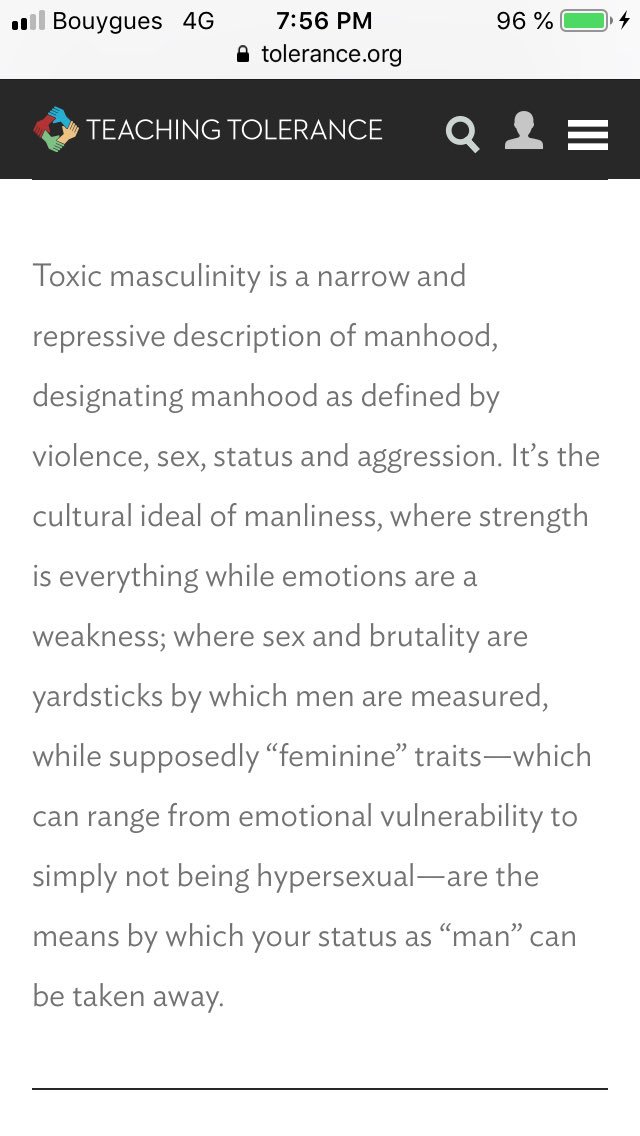 [12] Young boys are often guided by their parents away from expressing emotion or entering into open communication. All this an attempt by the parent to protect them from a negative social reaction, bullying or harassment.
[12] Young boys are often guided by their parents away from expressing emotion or entering into open communication. All this an attempt by the parent to protect them from a negative social reaction, bullying or harassment.
Why is it that masculinity and femininity are not given the same equal value, why is it unacceptable for a child to wear whatever they want without being pigeon holed?[16]
Toxic Masculinity versus MasculinityToxic masculinity corrupts the concept of what it means to be a man, misrepresenting it to society and encouraging/condoning appalling behaviour. It exists as a social construct that hides/excuses/dismisses it and enables it to continue. It is incredibly destructive to its followers. There are numerous findings on the negative impact of conforming to the aforementioned Toxic Masculinity norms:
- Men are more likely than women to engage in unsafe sexual behaviour and pursue multiple partners.[17]
- Men have shorter life expectancy than women, are more likely to commit suicide or die at the hands of violent crime.[14][18]
- Men seek healthcare at much lower rates than women do.[1]
- Men are less likely to complete college courses.[19]
In order to address the problem of toxic masculinity, it must first be recognised that it is a problem. Masculinity is not intrinsically a bad thing and can hold many aspirational characteristics, such as being the protector, being strong and courageous.[19]Furthermore, studies have shown that masculine and feminine role models complement each other in childrearing.
Masculinity is not intrinsically a bad thing and can hold many aspirational characteristics, such as being the protector, being strong and courageous.[19]Furthermore, studies have shown that masculine and feminine role models complement each other in childrearing.
But… and it is a big ‘but’, toxic masculinity holds no place in a civilized world. It is the worst embodiment of masculinity. It is masculinity on steroids and it is epidemic.
Violence and recognising it is a male problem
It is absolutely necessary to address the elephant in the room and acknowledge that there is a connection between issues such as violence and sex based oppression. Few will be surprised to hear that males commit nearly 90% of violent crimes in the USA.
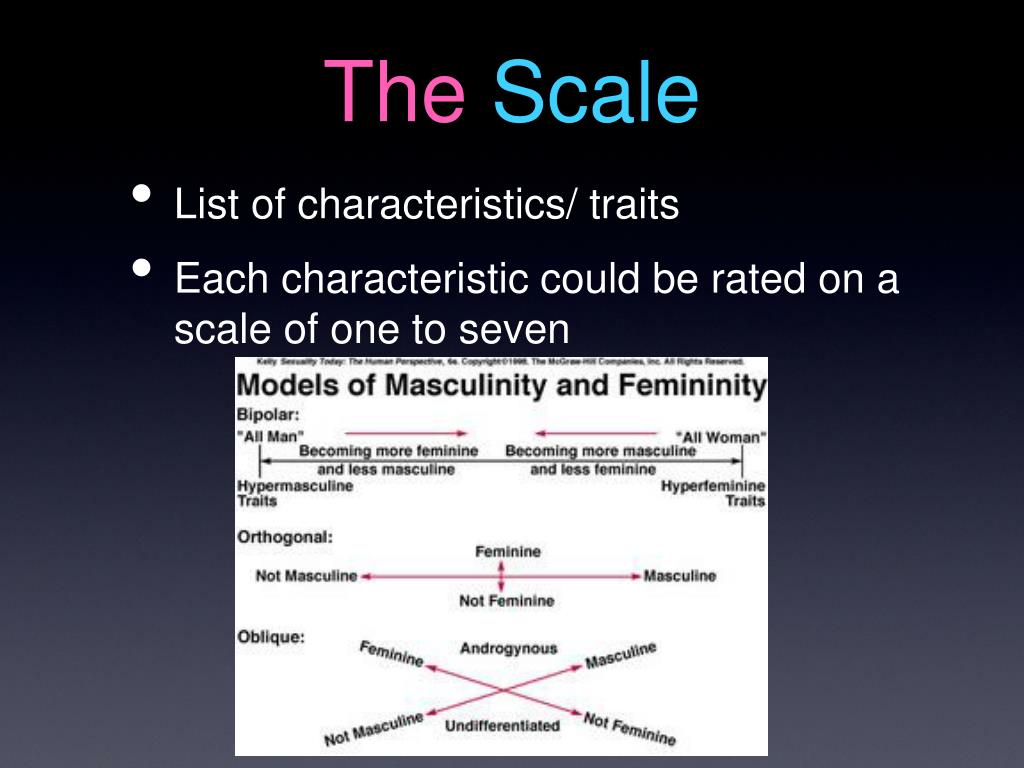 The general unwillingness of people to recognize that violence is a men’s issue is also reflected in the broader scientific literature.” Kilmartin & McDermott.[20]
The general unwillingness of people to recognize that violence is a men’s issue is also reflected in the broader scientific literature.” Kilmartin & McDermott.[20]The link between toxic masculinity and domestic abuse
Aggression and violence in males are frequently attributed to the need for men to fulfil masculine ideals. These ideals being the distorted ones of toxic masculinity: supress emotion, assert dominance, defend your masculinity when threatened, use violence to prove your masculinity and exert power and control.
Men who conform to toxic masculinity norms are much more likely to engage in violence against women.[21] This is further supported by the fact that in 2017, the World Health Organisation reported that 38% of murders of women were by an intimate male partner.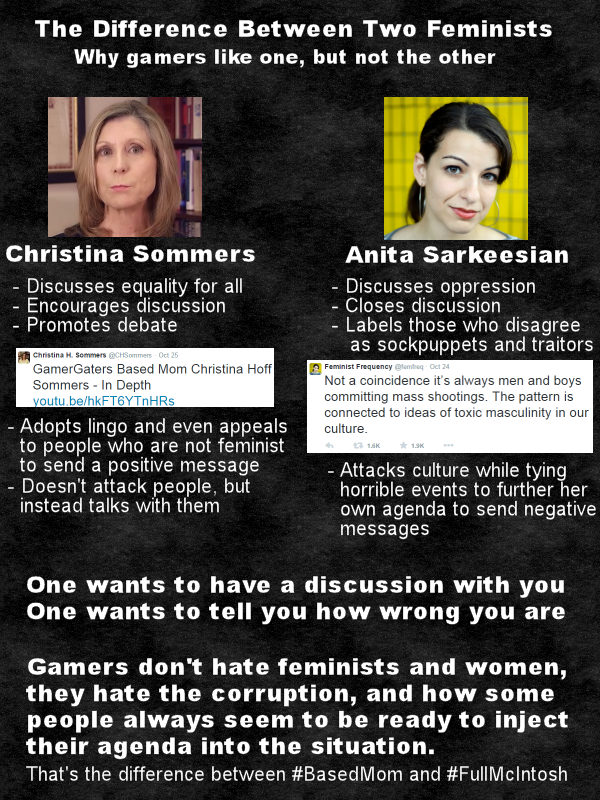 [22][23]
[22][23]
Those who conform to the toxic masculinity standard use the institutionalisation of toxic masculinity to protect their positions. By perpetuating its myth, by practising its values, powerholders can defend their positions in a male hierarchy. If men look up at hyper-masculine men with admiration, they will not criticise their behaviour.[24]
It is only when men take a stand against this behaviour, reject aggression, dominance and all the other toxic masculine characteristics as masculine norms that the hierarchy will crumble.
Positive male role models
I think we can all agree with the American Psychological Association when they state:
 ”[23]
”[23]Men are the disciples of toxic masculinity, men are the perpetrators of violence against women, men are responsible for taking stock of their actions and correcting their course.
We know that what is considered gender appropriate behaviour shifts over time, that what is deemed masculine or feminine is acculturated,[25]men have the power to change their destiny and the identity of masculinity.
When boys look up to men, do we want them to imitate a culture of violence? Or to aspire to the best qualities of what it means to be a man? Where did all the gentlemen go?
Masculinity and toxic masculinity: what it is, differences, consequences
For a man's health
The classic "real man" may seem invulnerable, but in fact his physical and mental health is significantly damaged.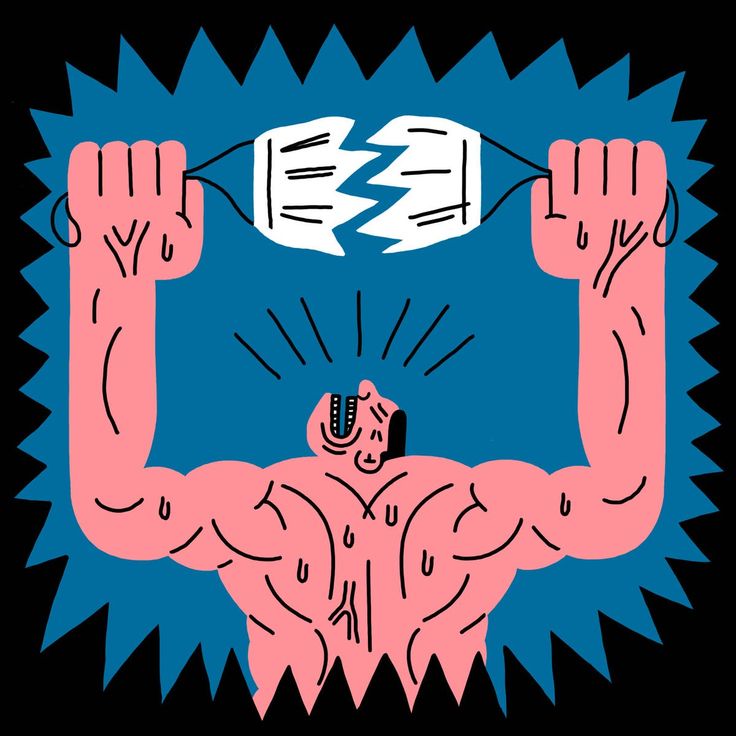 Here are the consequences of toxic masculinity that scientists call.
Here are the consequences of toxic masculinity that scientists call.
- Provokes and encourages addictions
According to research by James Mahalik, PhD, the more men conform to traditional norms of masculinity, the more they engage in "risky behaviors" such as alcohol and tobacco use. In addition, they are more likely to consider such habits as normal. nine0005
- Prevents body care
Toxic masculinity makes men overexert themselves physically, train through pain and skimp on sleep, and it also discourages them from going to the doctor. Studies show that men with radical views of masculinity are half as likely to undergo preventive examinations as men with more moderate views , and even if necessary, do not always go to the doctor for fear of appearing weak. nine0005
- Provokes mental disorders
Traditional notions of masculinity keep men from restoring mental health, especially since they themselves often undermine it.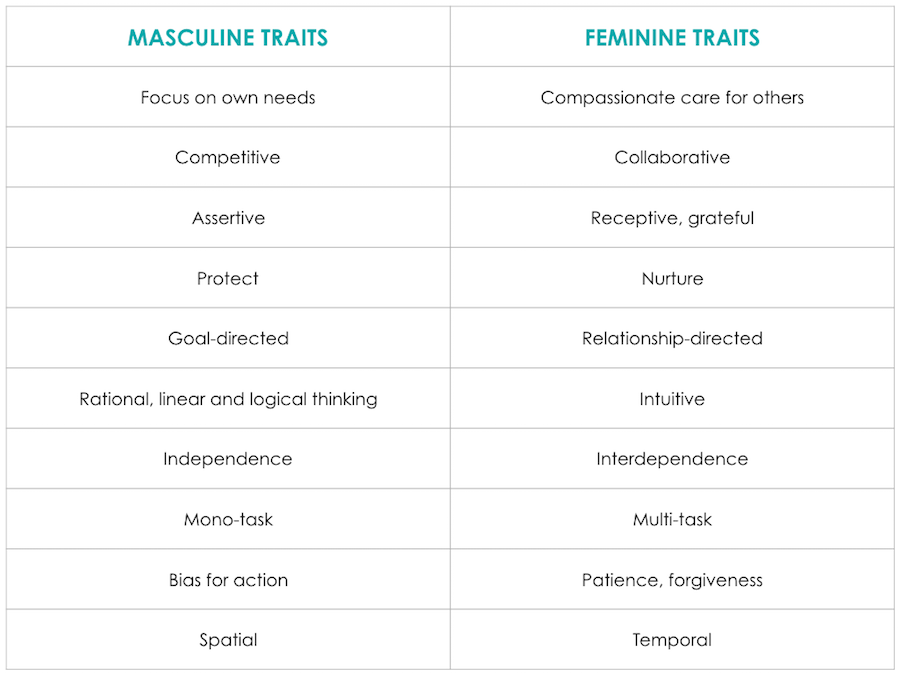 Representatives of the "stronger sex" can hold back emotions for years, live in a state of chronic stress and "burnout". A study by scientists at the University of North Carolina confirmed that adherence to toxic masculinity contributes to the development of depression. nine0005
Representatives of the "stronger sex" can hold back emotions for years, live in a state of chronic stress and "burnout". A study by scientists at the University of North Carolina confirmed that adherence to toxic masculinity contributes to the development of depression. nine0005
- Reduces life expectancy
Men around the world live an average of five years less than women, while in Russia this gap is ten years. This is largely due to the way men interact with society: they enter into conflicts, choose more dangerous professions, ignore the rules. For external causes of death (traffic accidents, accidents, conflicts, participation in wars), men are four times ahead of women.
Even according to the most optimistic forecasts, Russian men in 2035 will “lag behind” women by six years in life expectancy (Photo: Rosstat)
- Oppresses "wrong" men
Many men do not show signs of toxic masculinity, so "real males" consider them outsiders and even harass them - for example, for the "wrong" clothes or hairstyle. This behavior is typical not only for schoolchildren, but also for adults.
This behavior is typical not only for schoolchildren, but also for adults.
- Leads to an increase in suicides
On average, men worldwide commit suicide 1.8 times more often than women, and in Russia — 6.5 times more often. This is also associated with life according to the principles of toxic masculinity: if you lose your job or go bankrupt, you are no longer a man, but just a loser. nine0005
Russia is one of the world's "leaders" in terms of the number of male suicides. There were 47 such cases per 100,000 people in 2018.
Consequences for society
Toxic masculinity is not a characteristic of an individual, but a system of coordinates set by society. Here are the consequences it brings.
- Couples and families are breaking up
The emotional coldness of men does not allow establishing trusting contact with children, relatives and partners - this can lead to a break in relations. UN experts argue that in modern realities, men should be more involved in family life than typical "protectors and breadwinners." nine0005
UN experts argue that in modern realities, men should be more involved in family life than typical "protectors and breadwinners." nine0005
- No assistance
Paradoxically, those who consider themselves more courageous are less inclined to help the weak. They prefer not to intervene when they witness bullying and even attacks. Research by psychologists at US universities has shown that the principles of toxic masculinity do not even allow you to console the victim.
- Aggression and violence justified
According to the canons of toxic masculinity, aggression is the main method of solving problems. This mindset leads to an increase in violence in society, from domestic sexual abuse and physical punishment of children to gun conflicts and international wars. nine0005
- Impact on women
The principles of toxic masculinity are contrary to the principles of feminism: if a "real" man should get a mammoth and beat his enemies with a club, then a "real" woman should meekly sit at the family hearth. Such a clash leads to domestic conflicts, financial dependence of women and even domestic violence.
Such a clash leads to domestic conflicts, financial dependence of women and even domestic violence.
Zalina Marshenkulova, journalist, author of the telegram channel “Women's Power”:
“Toxic masculinity affects women in the worst possible way: domestic violence grows out of it. Toxic masculinity isn't just about "shut up or I'll hit you," it's about less obvious moments in a relationship. nine0005
For example, you have heard such expressions: “how did your husband let you go for a walk without him?!”, “how did your husband let you?”. This tradition of keeping women on a leash like a dog is the soil in which toxic masculinity flourishes. Society says: “why did you let her, why are you not a man or something.” These terrible stories later grow out of this, how a man came to work with his ex-wife and stabbed her because he “didn’t let go.”
Toxic masculinity kills men themselves. This is “What are you afraid of? Why not a man? This is the focus of such publics as “Why do women live longer?”, Which clearly shows the manifestations of toxic masculinity, which makes men do things. ” nine0005
” nine0005
Nastya Krasilnikova — journalist, femme activist, author of the telegram channels “Your Mother” and “The Robber’s Daughter”, creator of the documentary film about the culture of violence against women in Russia “Enough!” (2020):
“Disclaimer: I assess the impact of toxic masculinity on women as a women's rights activist, not as a researcher. The society in which men live under the influence of toxic masculinity is a modern society, we live in it. Being a woman in our society is exhausting and sometimes dangerous. In a world order in which it is normal for women to “serve” men in the home because washing dishes is “not a man’s job,” women are overwhelmed. nine0005
Toxic masculinity requires men to be dashing and aggressive, to dominate, dominate and control. The victims of this behavior are most often the women around these men.
Toxic masculinity: 5 signs that your man has it
Masculinity is a set of psychological factors and qualities that characterize a real man. The concept of male masculinity has long been used by Western psychologists to define the norms of male behavior in personal contact and in society, but recently the phrase “toxic masculinity” can be heard more and more often. About what this definition means, what is the reverse side of masculinity and the signs of such behavior, says an expert in the field of relations, a psychologist-constellation Yulia Khadartseva. nine0005
The concept of male masculinity has long been used by Western psychologists to define the norms of male behavior in personal contact and in society, but recently the phrase “toxic masculinity” can be heard more and more often. About what this definition means, what is the reverse side of masculinity and the signs of such behavior, says an expert in the field of relations, a psychologist-constellation Yulia Khadartseva. nine0005
Aggressive behavior towards women
When, as a child, a man had an overwhelming, domineering mother who did not allow him to realize himself, a man is very likely to grow up with a subconscious hatred of women. In childhood, these feelings were masked, and the boy already entered adulthood with an aggressive attitude accumulated in childhood. He perceives a woman as a danger and treats her accordingly.
If you meet a partner and notice that he endlessly criticizes other women, behaves defiantly towards them, discusses or condemns them, know that such behavior is not the norm and is rooted deep into childhood. Probably, in the unconscious of a man there is aggression towards his mother, he will broadcast this, taking it out on other women ( see also: Caution, aggression: 10 phrases that betray a person's dislike for you).
Probably, in the unconscious of a man there is aggression towards his mother, he will broadcast this, taking it out on other women ( see also: Caution, aggression: 10 phrases that betray a person's dislike for you).
Despite the fact that he can and tries to behave with dignity and restraint with you from the very beginning, sooner or later the moment will come when the toxicity of repressed childhood will begin to spread to you as well. Pay attention to his behavior, be on the lookout, most often such an ailment manifests itself in criticism, which on a subconscious level means protection from female representatives. nine0005
Lack of understanding of harmonious relationships
If a man had an incomplete family and there was no correct example of parental relationships before his eyes, which is usually the norm for children, the man does not understand what a respectful relationship in a couple is, why it is needed and what gives in as a result. In his case, there is only a story where relationships in a couple are impossible, forbidden. This is a problem that needs to be sorted out with a psychologist or be sure to work it out on your own.
This is a problem that needs to be sorted out with a psychologist or be sure to work it out on your own.
Lack of responsibility for relationships with a partner
When a person has no or no sense of responsibility for himself, his soulmate and family as a whole, this indicates an unstable institution of family and marriage in his mind, in other words, he does not know how it is to take responsibility and did not see examples that could be imitated.
Toxic masculinity can be called abuse. Any abuse also originates in childhood. This is a form of relationship where a man wants to suppress emotionally, physically anyone who is close to him. Such a man of each of his partners, no matter who he is with, inevitably strives to reduce his position, importance. nine0005
This manifests itself in constant excessive criticism and humiliation, where only his person is brightly exalted. In such a position, a man is not ready to consider relations on an equal footing with other members of society.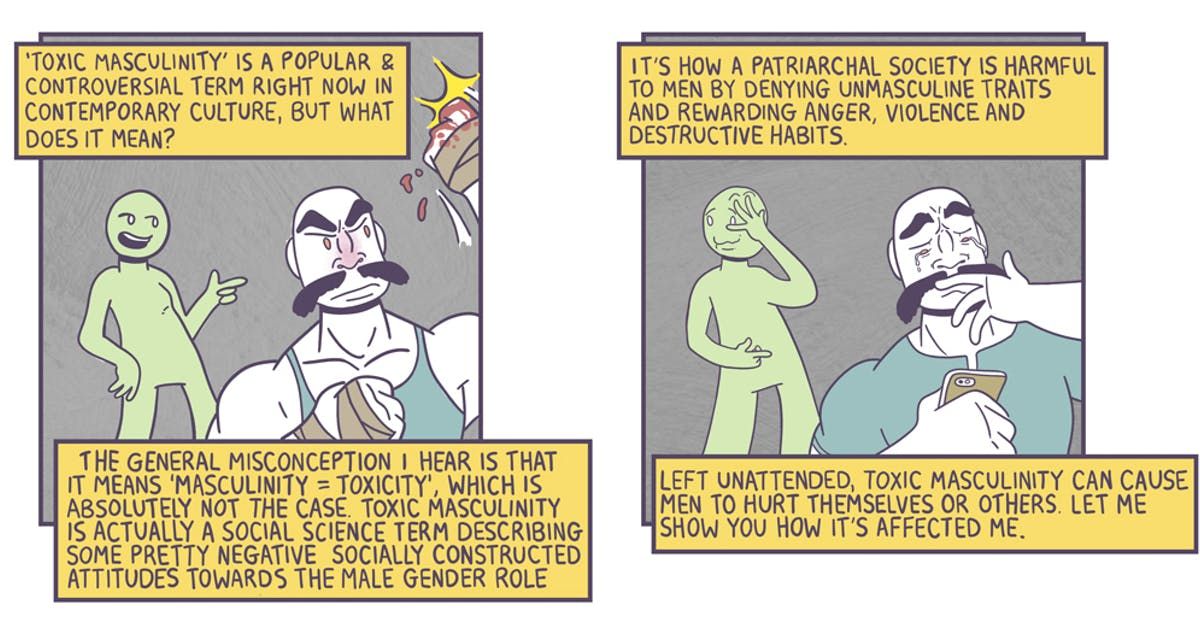 In a healthy state, a man respects others, himself and his choice, and does everything to develop himself and the society in which he is.
In a healthy state, a man respects others, himself and his choice, and does everything to develop himself and the society in which he is.
A man does not take care of himself, his appearance
The male body itself is very beautiful and attractive, but if he neglects himself and does not want to do anything about it, leads an unhealthy lifestyle, the masculine principle is clearly undermined in him, which he continues suppress and at the same time degrade. nine0005
Male healthy energy is the energy of achieving goals, the energy when a man himself achieves something, strives, sets himself difficult tasks and certainly fulfills them ( read also: Happily ever after: 7 criteria for choosing a partner for life ). If you have met a man who does not develop and take care of his health, this is a representative of toxic masculinity.
Total dominance
He always wants to be in charge in everything, he is the king, and he demands obedience from everyone. If you fall under his influence, turning automatically into a victim, then everything you do for him turns out to be not as it should be. This also applies to other people who come into contact with him. They dressed the wrong way, looked the wrong way, cooked the wrong way, served dinner the wrong way. This is a big advantage in toxic masculinity: on the one hand, a man shows masculinity, and on the other hand, he behaves in such a harmful way for others. nine0005
If you fall under his influence, turning automatically into a victim, then everything you do for him turns out to be not as it should be. This also applies to other people who come into contact with him. They dressed the wrong way, looked the wrong way, cooked the wrong way, served dinner the wrong way. This is a big advantage in toxic masculinity: on the one hand, a man shows masculinity, and on the other hand, he behaves in such a harmful way for others. nine0005
Those with unmanifested responsibility without the willingness to take it upon themselves are typical representatives of toxic masculinity. Such men, as a rule, lack initiative, wait for a decision from outside, are not independent, and therefore put a woman at the head of the family. The basic traumas that are associated with such behavior come from childhood, where the mother did not give the boy opportunities for self-realization. In a relationship, such a person takes the position of a "mother's child" - a person who needs support.
